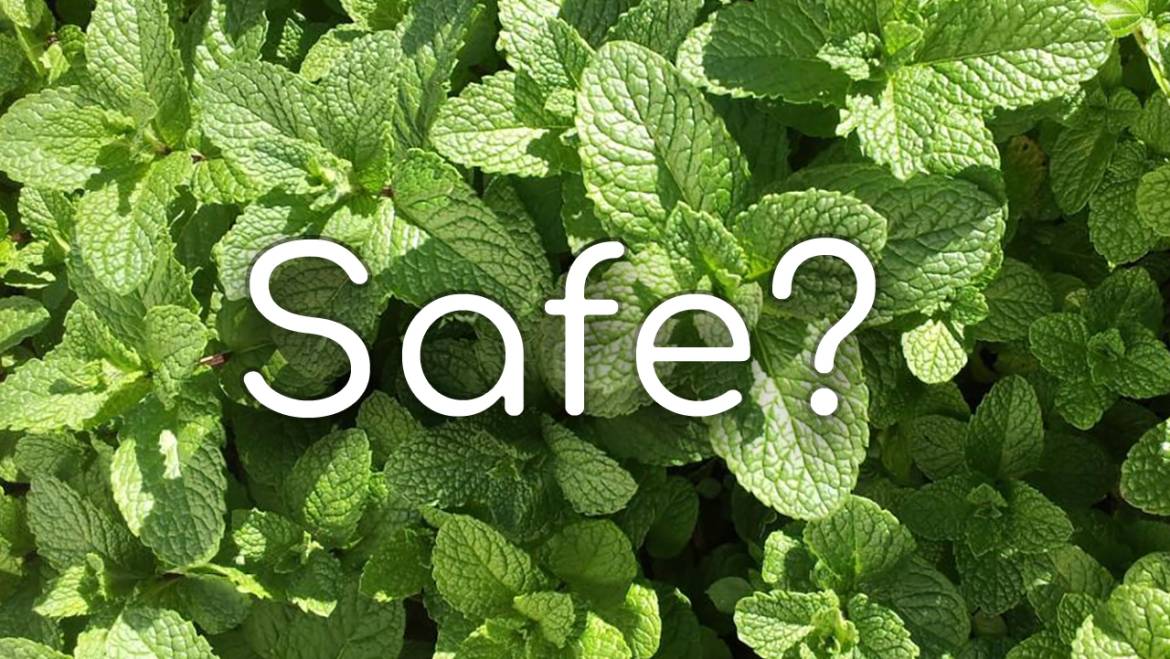Chinchillas are adorable and sensitive pets that require a balanced and nutritious diet to thrive. As an owner, you may be wondering if it’s safe to give your chinchilla mint as a treat or a dietary supplement. While mint is generally considered safe for human consumption, can chinchillas eat mint? In this article, we’ll explore the benefits and risks of feeding mint to chinchillas, the recommended serving size, and some other useful tips to keep your chinchilla healthy and happy.
Nutritional Value of Mint for Chinchillas
Mint belongs to the Lamiaceae family and has several species, including peppermint and spearmint. Mint is known for its fresh and cool taste and is used in many culinary dishes and drinks. Mint is also believed to have medicinal properties and is used in herbal remedies for digestive problems and respiratory illnesses.
In terms of nutrition, mint is rich in vitamins A and C, calcium, and iron, all of which are essential for a chinchilla’s health. Vitamin C is especially crucial for chinchillas because they cannot produce it on their own and need it from their diet. Calcium is necessary for strong bones and teeth, and iron helps in the formation of red blood cells.
Benefits of Feeding Mint to Chinchillas
Feeding mint to chinchillas can have several benefits, including freshening their breath and aiding in digestion. Mint is a natural source of antioxidants, which can help reduce inflammation and prevent cell damage caused by free radicals. Additionally, mint has a cooling effect that can help soothe an upset stomach, reduce nausea, and stimulate appetite.
If your chinchilla is experiencing digestive issues such as bloating or gas, a small amount of mint may help alleviate the symptoms. Mint can also help freshen your chinchilla’s breath, which is essential for their social interactions and overall health.
Risks of Feeding Mint to Chinchillas
Despite the potential benefits, feeding mint to chinchillas can also have some risks. Mint contains a compound called menthol, which can cause respiratory problems in chinchillas if ingested in large quantities. Menthol can irritate the respiratory tract and cause coughing, sneezing, and wheezing. If your chinchilla shows any signs of respiratory distress after eating mint, contact your veterinarian immediately.
Another risk of feeding mint to chinchillas is the potential for gastrointestinal upset. Chinchillas have sensitive digestive systems, and any sudden changes in their diet can cause diarrhea, bloating, or constipation. If you decide to feed your chinchilla mint, start with a small amount and observe their reaction before increasing the serving size.
Serving Size and Frequency of Mint for Chinchillas
If you want to feed your chinchilla mint, it’s essential to do so in moderation and as a treat rather than a staple food. The recommended serving size of mint for chinchillas is no more than a small sprig or leaf once a week. Too much mint can cause digestive problems, respiratory issues, and even liver damage in some cases.
It’s also crucial to choose fresh, organic mint and avoid any mint products that contain added sugars or preservatives. You can serve mint to your chinchilla fresh or dried, but make sure to remove any stems or leaves that may cause choking hazards.
Alternatives to Mint for Chinchillas
If you’re not comfortable feeding your chinchilla mint or want to provide some variety in their diet, several safe and nutritious alternatives are available. Some options include rose petals, raspberry leaves, and chamomile flowers, all of which have similar health benefits to mint without the risks. Other safe and nutritious treats for chinchillas include small pieces of apple, carrot, and banana, as well as hay cubes and dried herbs such as parsley and oregano.
It’s essential to remember that treats should only make up a small portion of your chinchilla’s diet, and their primary source of nutrition should come from hay, pellets, and fresh water. Always consult with your veterinarian before making any changes to your chinchilla’s diet or introducing new treats.
In summary, can chinchillas eat mint? The answer is yes, but in moderation and as a treat rather than a staple food. Mint can provide several health benefits to chinchillas, including freshening their breath, aiding in digestion, and providing essential nutrients. However, feeding too much mint can also cause respiratory problems and gastrointestinal upset.
When feeding your chinchilla mint, choose fresh, organic mint, and start with a small serving size. Watch for any signs of discomfort or distress and consult with your veterinarian if you have any concerns.
Remember to provide a balanced and nutritious diet for your chinchilla, with treats only making up a small portion of their overall intake. There are several safe and nutritious alternatives to mint that you can also provide to keep your chinchilla healthy and happy. By following these tips and guidelines, you can ensure that your chinchilla receives the best possible care and nutrition.







